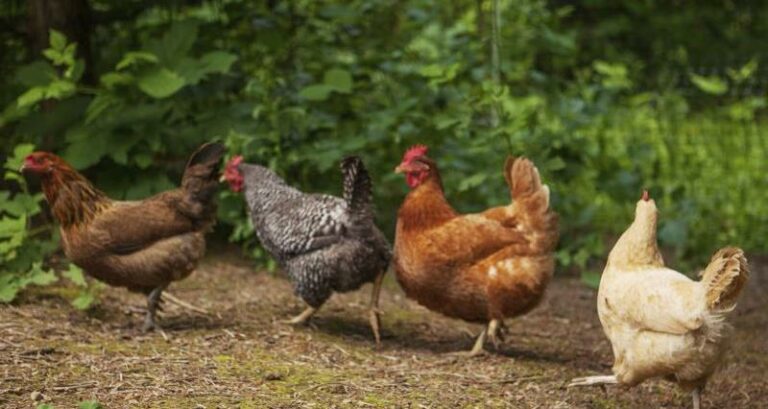The British Egg Industry Council (BEIC), the organisation that represents the UK egg industry, is concerned by the decision of Natural England to reintroduce white-tailed eagles to North West Norfolk. This will be the first time this predatory species of bird will be wild in mainland Great Britain for several hundred years.
The white-tailed eagle is the UK’s largest bird of prey and Natural England has taken the decision to allow the release of these birds over the next five years on the Ken Hill Estate, with the view to them being bred on the estate in the future.
The reintroduction of white-tailed eagles to the area is part of the ‘Wild Ken Hill – Rewilding Britain project’, with the ambition of moving away from existing agricultural and forestry techniques to allow wild nature to thrive. Natural England, the UK Government’s adviser for the natural environment in England, approved the wildlife licensing for the application in May.
The BEIC was one of the many parties representing different sectors of livestock farming across Norfolk and East Anglia that had expressed significant concerns with the proposal. The UK has the largest number of free-range egg laying hens in the world (over 27 million hens), as well as the highest standards for hen welfare and food safety, with the vast majority of flocks being accredited by the RSPCA Assured Scheme and Lion Code of Practice.
In order to provide these hens with the ‘freedom from fear’, one of the five freedoms developed by the Farm Animal Welfare Council (FAWC), as part of the framework for judging animal welfare levels, they must be protected from predatory birds as well as land predators at all times.
BEIC said it provided Natural England with evidence from veterinary professionals to demonstrate the potential impact that the stress of the activities of white-tailed eagles would have on free-range flocks.
“Not only are we concerned about actual number of hens that would be targeted by white-tailed eagles, but also the trauma and shock the presence of huge predatory birds would inflict upon flocks of hens,” said a spokesman for BEIC. “Ken Hill’s release proposal has stated that these birds spend around 90% of their time perched in trees. If this were to take place on or around our free-range farms when hens are outside, it would cause hens severe stress that would put their health and welfare at considerable risk.
“The outcome of this stress could lead to smothering as they rush to get back inside the shed, feather pecking because of aggression caused by the rush to reach safety, poor quality eggs and reduced production, intestinal disease and even death. Hens are very sensitive to environmental stress factors and the presence of such a large and obvious predator can often precipitate this, no matter how benign the eagle’s presence might appear. This is totally contrary to what we as farmers and the British public would expect.”
Free-range now accounts for most of the egg supply to the UK market, and has grown exponentially over the last three decades, and continues to do so due to consumer demand who wish to see hens outside.
The BEIC said it was eager to learn what the full requirements and conditions placed on the licence by Natural England will be in due course.


